SUMMARY
This is AI generated summarization, which may have errors. For context, always refer to the full article.

MANILA, Philippines – In the wake of a national election that was heavily impacted by the use of social media and disinformation, forming collaborations among truth-telling sectors and organizations is of utmost importance.
In a briefing on July 6 supported by the United Nations joint program for the promotion and protection of human rights in the Philippines, Rappler’s head of digital services Gemma Mendoza presented a report on how the 2022 elections played out on social media.
While all candidates used social media, Mendoza noted some with longer preparation, with narratives that were built over time.
“One of the distinctive things about the [past election] is that the campaigns did not start right before elections. It was really like messages, the outcome was, in a way, the fruit of years of seeding narratives. And one of the narratives that really was significantly circulated was about the gold and the wealth of the Marcoses,” Mendoza said.
Ferdinand Marcos Jr. won the presidential race with a majority vote of 31.6 million Filipinos, despite his family’s history of massive plunder during his father’s dictatorship.
In conclusion, Mendoza said that disinformation on social media was a key factor that determined the outcome of the 2022 elections, and while fact-checking collaborations helped combat the disinformation, a lot of it started late. “It wasn’t enough, not really enough to stem the tide,” she said.
#FactsFirstPH – a coalition of over 140 news organizations, civil society groups, legal groups, and other sectors – was launched in January, hoping to maximize the impact of fact checks and fight disinformation in the Philippines ahead of the elections. It was awarded Most Innovative and Impactful Collaboration at Global Fact 9, an international fact-checking conference.
Mainstream media ‘sidelined’
Mendoza stressed the need for more collaboration, since there is a “whole ecosystem” within the digital networks that no longer listen to mainstream news organizations. She said that, to a certain degree, mainstream media had been sidelined.
She also noted how, even if supporters of other candidates were critical of the Marcoses and called out their lies and atrocities, it hardly hurt his network. “It was impenetrable at the time.”
The increasing distrust in mainstream media was aggravated by how, in the second half of 2021, Facebook pages and accounts supporting Marcos and Duterte more aggressively pushed false claims undermining the credibility of the media.
Many sources attack and undermine mainstream media but don’t apply the same ethical boundaries to themselves, she said.
Marcos himself previously closed off mainstream media, avoiding ambush interviews and presidential debates, with the exception of the one hosted by SMNI.
“[We’re] beyond elections now, we’re moving into how this new government executes…. If you have a situation where media cannot report negative things because that means they will be attacked, then that can be a big problem for governance and for holding this administration and the other officials within this administration accountable,” Mendoza said.
She acknowledged that mainstream media cannot fight disinformation by themselves. She said there is also a need for conversations with real world networks that still have sway and may influence people who have been radicalized against mainstream media.
“People need to understand the role that media, that journalists, need to play within this society in governance to ensure that public interest is upheld,” she said.
Does fact-checking make a difference?
Mendoza pointed out that debunking allows labeling, which then helps prevent misinformation, particularly accidental sharing. When it comes to repeat offenders or motivated groups or actors, platforms need to take action.
While Facebook has a third-party fact checking program, it does not automatically take down false information. It removes misinformation if it violates the platform’s Community Standards.
In 2020, Facebook took down a network linked to Philippine state forces because it violated policies on coordinated inauthentic behavior.
Meanwhile, YouTube hardly has any policies against disinformation. (READ: YouTube’s unclear policies allow lies, disinformation to thrive)
Mendoza said the problem is the volume of false and misleading content on these platforms. She compared a per-piece takedown approach to a whack-a-mole game.
Regardless, she noted a growing interest in fact checking, a recognition that it is a problem that people need to be concerned about.
“The fact alone that you got a lot of people interested in that idea of fact checking ahead of elections is something to be hopeful about,” Mendoza said. – Rappler.com
Add a comment
How does this make you feel?
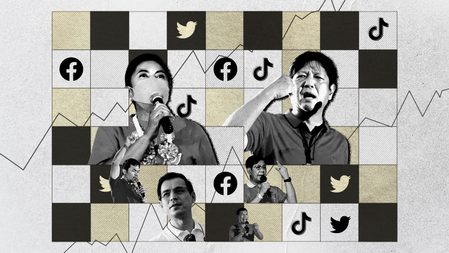
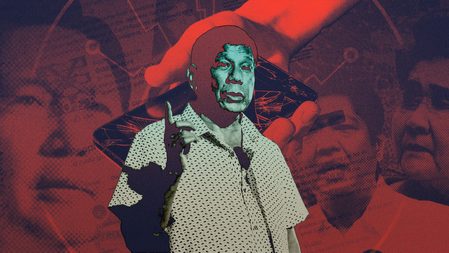
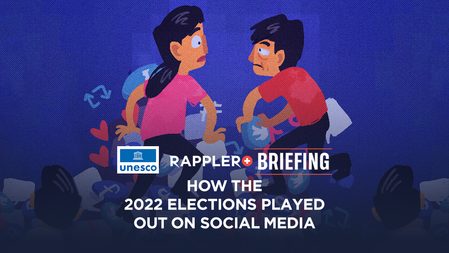


![[New School] Tama na kayo](https://www.rappler.com/tachyon/2024/02/new-school-tama-na-kayo-feb-6-2024.jpg?resize=257%2C257&crop=290px%2C0px%2C720px%2C720px)
![[Only IN Hollywood] After a thousand cuts, and so it begins for Ramona Diaz and Maria Ressa](https://www.rappler.com/tachyon/2024/02/Leni-18.jpg?resize=257%2C257&crop=262px%2C0px%2C720px%2C720px)
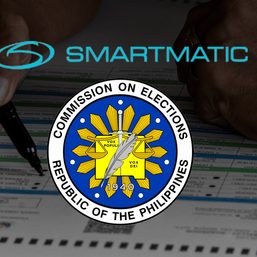
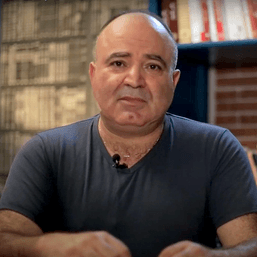
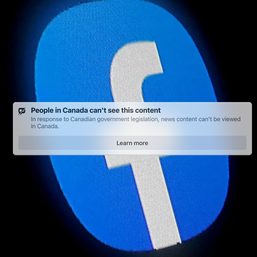
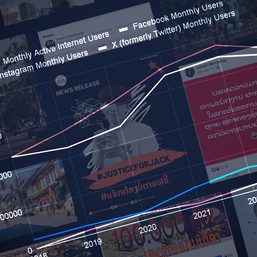
![[ANALYSIS] Investigating government’s engagement with the private sector in infrastructure](https://www.rappler.com/tachyon/2024/04/tl-gov-private-sectors-infra-04112024-1.jpg?resize=257%2C257&crop=435px%2C0px%2C1080px%2C1080px)
![[Newsstand] The media is not the press](https://www.rappler.com/tachyon/2024/04/tl-media-is-not-the-press-04132024.jpg?resize=257%2C257&crop=281px%2C0px%2C720px%2C720px)
There are no comments yet. Add your comment to start the conversation.